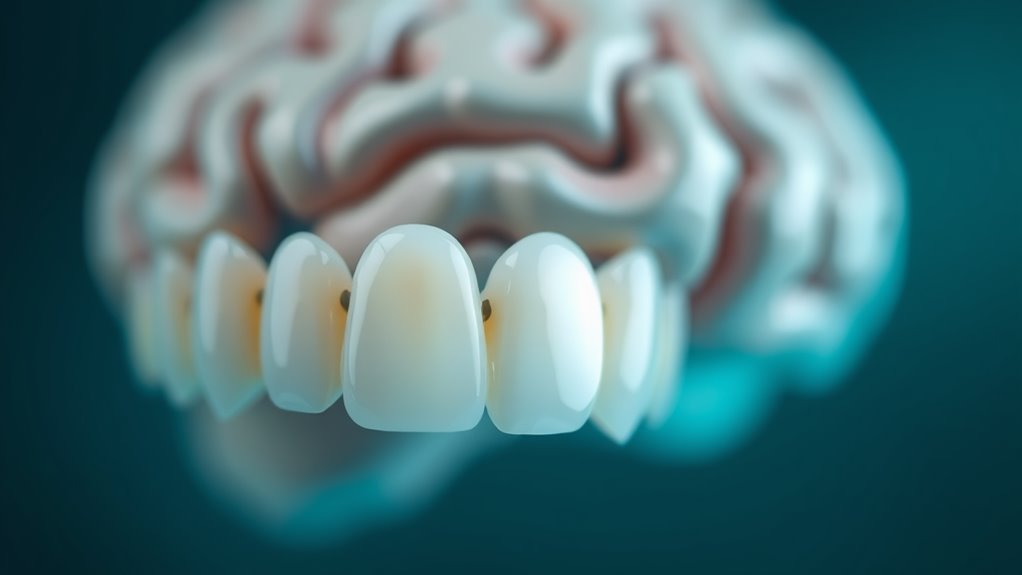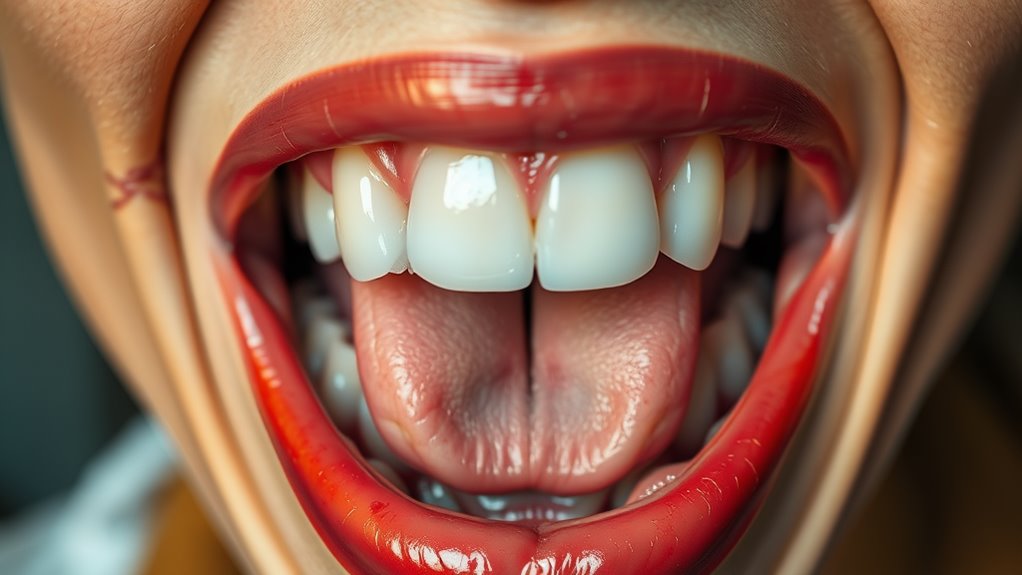The Link Between Healthy Gums and a Healthy Body
It’s interesting how many people focus on teeth yet overlook their gums. Healthy gums play a crucial role in your overall well-being, affecting conditions like heart disease and diabetes. By understanding the link between gum health and systemic issues, you can take proactive steps to enhance your health. What steps can you take today to ensure your gums stay healthy and, in turn, support your body’s need for optimal health?
Understanding Periodontal Disease
When you don’t prioritize your oral health, you risk developing periodontal disease, a serious gum infection that can lead to tooth loss and other health complications. This condition affects not just your gums but also impacts your body health. Inflammation from infected gums can contribute to systemic issues, making it crucial to maintain healthy gums for your overall well-being. Regular dental visits can help. Additionally, poor oral hygiene is linked to serious health issues, including heart disease, highlighting the importance of maintaining good gum health.
The Impact of Gum Health on Systemic Conditions
Maintaining healthy gums is more than just a matter of oral hygiene; it plays a significant role in your overall health. Poor gum health can contribute to systemic conditions like cardiovascular disease, diabetes, and respiratory illnesses. Inflammation from gum disease can enter your bloodstream, affecting various organs. By prioritizing your gum health, you help protect not only your smile but also your entire body. Research shows that gum disease increases the risk of heart attacks and strokes, highlighting its importance in maintaining overall health.
Oral Hygiene Practices for Healthy Gums
Although many people focus on brushing and flossing their teeth, proper oral hygiene for healthy gums is equally essential. To maintain gum health, make sure you brush twice daily with fluoride toothpaste, use fluoride mouthwash, and floss daily to remove plaque. Additionally, replace your toothbrush every three to four months to ensure effective cleaning, and visit your dentist regularly for professional cleanings and check-ups. Incorporating gum-friendly foods into your diet, like leafy greens and crunchy vegetables, can also help nourish your gums and stimulate saliva production.
The Role of Nutrition in Gum Health
Nutrition plays a crucial role in supporting healthy gums, as what you eat can significantly impact your oral health. Consuming vitamins C and D, calcium, and omega-3 fatty acids enhances gum tissue, combats inflammation, and aids in healing. Avoiding processed sugars and acidic foods helps prevent gum disease. By prioritizing balanced nutrition, you’re taking essential steps toward maintaining vibrant, healthy gums. Additionally, fiber-rich foods can naturally clean teeth and gums while stimulating saliva production, which is vital for oral health.




